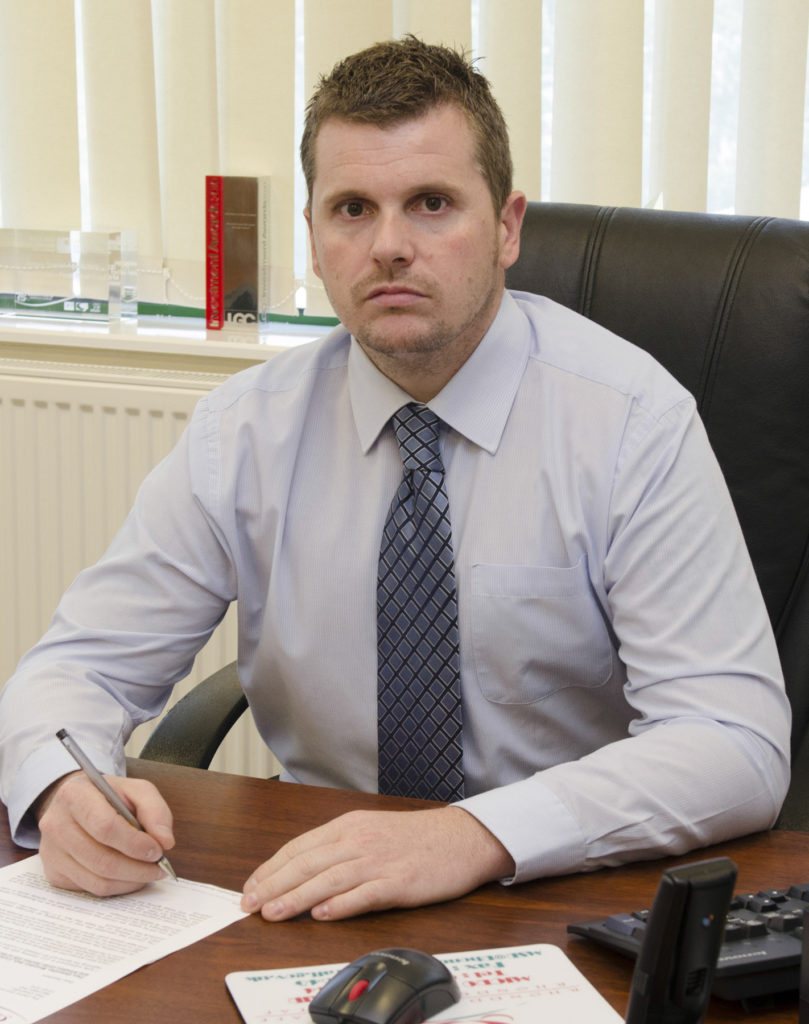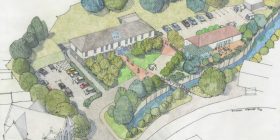Final Budget Proposals for Rhondda Cynon Taf Council Include 4.99% Council Tax Rise

The final budget proposals for Rhondda Cynon Taf (RCT) Council next year based on a 4.99% council tax rise will soon go before councillors for approval.
The rise is slightly up from the originally proposed 4.9% council tax hike as the authority aims to address a £25m budget gap.
At a recent cabinet meeting, cabinet members agreed to recommend an extra 0.09% to protect public transport and an extra one-off fund of £500,000 for schools next year.
The council received an extra £1.95m from Welsh Government in its final funding settlement for next year on top of the 2.8% increase it received in the provisional budget.
The proposed council tax increase would add £1.03 per week for a person living in a band A property and £1.55 per week for a person living in a band D property but the council report said that 42% of properties in Rhondda
Cynon Taf are Band A.
Increasing council tax by 4.99% will reduce the remaining budget gap by £1.12m, the report added.
After absorbing non-pay inflationary costs, as all other council services needed to, schools would have to contribute to balancing the overall budget gap through a 1.1% cut (£2.91m).
Schools would be allocated funding next year to cover their pay pressures and the council would provide a further £1m base budget toward non-pay costs plus an additional £500,000 of one-off funding for next financial year.
The council said the Welsh Government had not provided additional funding for the costs of increased teacher pay awards for the current year but costs associated with teachers’ pensions were still expected to be covered by the UK Government.
The report said this will see the schools budget increase by £12.4m for next year, or 6.6%.
With already agreed cuts totalling £10.7m, the budget gap is around £25.9m.
Here’s how the council is proposing to make savings:
Reduction in energy spend
The council is proposing to cut its energy spending by £4.47m. The current year increases for RCT’s energy costs were around 283% for gas and 147% for electricity.
At the time the council set the budget, forecasts were projecting lower costs for 2024-25, and an energy reserve of £5m was set up to fund any extra costs in 2023-24.
The spike in cost for the current year did happen, so the council said it was able to reduce its budget for next year. It also said the development of a proposed council-owned solar farm was progressing with completion anticipated during the 2024-25 financial year.
Childcare charge proposal
Council plans to charge £1 a day for childcare which is provided alongside free breakfast clubs which would reduce the council’s budget by £495,000 in a full year and this would be ring-fenced to be reinvested into the schools budget.
The charge would be £40 a term for those who used it three days a week and £60 for those who used it five days a week.
Fees and charges
The council’s proposed fees and charges for 2024-25 would see a standard 5% increase, with some areas having individual proposals, and this would generate an extra £452,000.
Funding through capital rather than revenue spend
The council is proposing to fund some things which are currently paid for through revenue, via capital spending instead. These include IT software licence costs and vehicle purchases, which would result in a £500,000 revenue budget reduction.
Updates to the budget
The council said it would be able to cut spending by £1.33m as a result of some budget updates. These included graduates and apprentices being funded by service areas as part of workforce planning, income generated from the staff benefits scheme, updated contribution levels to joint arrangements, updates to the council’s internal audit service, and up-to-date case load and demand pressures for the council tax reduction scheme.
Efficiency cuts
The proposals said officers had found £5.24m worth of efficiencies for next year, which included £2.1m in cost reductions or additional income, £1.08m in service restructuring and vacancy management, £905,000 in operational service changes, and £1.15m in the recharge of costs and use of external funding. The council said these measures could be delivered operationally and without a significant detrimental impact on front line services.
Use of reserves
These proposals, along with the extra £1.95m from the final settlement, would reduce the budget gap to £7.5m, which would be met through the use of the council’s transitional funding reserves.
The council said this reserve stood at £9.52m and it was proposed to use £7.5m of this to close the remaining budget gap, leaving £2.02m in this pot.
The budget plan will go before full council on Wednesday, March 6.
Spotted something? Got a story? Email News@News.Wales










